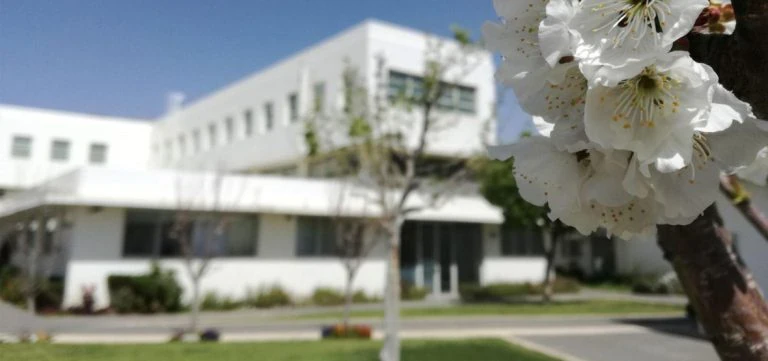Beyond Jerusalem Walls and Gates: Farming in the Holy Land
It has become clear in recent years that Israel is much more than Jerusalem walls and gates; history and culture. Israel is also home to a growing and innovative economy, especially in the realm of high-tech. It is known as the “Start-Up Nation,” for its high number of tech startups, and its advances in semiconductors, artificial intelligence, cybersecurity and other fields.
Lately, Israel–and Jerusalem– have attracted more attention for being home to an innovative agricultural technology industry that is changing the world, helping ensure that the global food supply will meet the needs of a growing population. In fact Jerusalem-Tel Aviv was recently ranked the number four best startup ecosystem in the world for agricultural technology.
During this Jewish month of Shevat, in which trees and nature are celebrated with the holiday of Tu B’Shevat on the 15th of the month, it is appropriate to highlight some of the advances and contributions that Israel has made to global agriculture over the years.
Establishing a Farming sector outside Jerusalem walls and gates
Israel’s famous kibbutzim have been central to developing new and innovative agricultural methods, going back to even before the state was created in 1948. While usually not famous tourist sites, like Masada, the Sea of Galilee, or Jerusalem walls and gates, the kibbutzim have played a major role in innovation.
It was a kibbutz in the Negev desert in the 1960s that first agreed to try inventor Simcha Blass’s drip irrigation system, where hoses with small holes were spread across fields, allowing water to directly reach the roots of plants. This system saved water and improved plant health because leaves stayed dry and weeds did not grow in areas that were kept dry between the rows of plants. This innovative water system grew into the company Netafim, which now supplies irrigation systems to more than 100 countries around the world, helping them increase crop yields and save water.
Another ground-breaking innovation that started on a kibbutz was the Afimilk, which began in the 1970s and developed the first electronic milk meter in the world. This and other innovations helped propel Israeli dairy cows to produce more milk per day, on average, than cows anywhere else in the world. Today the company serves dairy herds around the world, providing technology to monitor cows’ health, identify the best times for milking, and an app for managing animals.
Smart Plants Grow Better
As farmers struggle with changing climate conditions, scarcity of resources and growing costs, it has become more important than ever not to waste. Israel has emerged as a world leader in providing the technology needed to make sure that resources like water and fertilizer are being used efficiently.
Among those leading the way in this field of precision agriculture is CropX, which provides sensors to detect the moisture levels and other characteristics of soil, as well as a platform that brings together data from across a farm. SupPlant is another company using sensors and data to help farmers make smart irrigation and field management plans.
New Food Sources
As the world’s population grows, so do concerns about how to feed so many people. One solution is to develop new sources of protein that require fewer resources. This is another area where Israel is leading the way; Israel’s alternative protein sector quadrupled in size in 2021.
One of the leaders in Israel is Believer Meats, founded by Yaakov Nahmias, a professor at Jerusalem’s Hebrew University, in 2018. The company, formerly known as Future Meat, makes meat from animal cells, eliminating the need to raise, feed and care for the animals.
Other companies working on exciting projects include ReMilk, which makes animal-free milk proteins used to produce dairy products without actual dairy; and VGarden develops and makes meat-and cheese-alternatives from algae, coconut oil and other plants.
While it is true that In Jerusalem, walls and gates; famous churches, and fascinating history have long drawn visitors.This is also a city from which to explore Israel’s growing agriculture technology sector, and understand how innovation is key to feeding a growing global population and preserving the planet’s resources.
More Articles:


